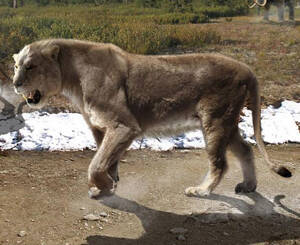
Cave lion (scientific name: Panthera leo spelaea) synonymous scientific name Felis leo major, also known as European cave lion, is an extinct cat species, a close relative of modern lions, but larger in size.Cave lion originated from a large cat species that lived in Africa in the early Pleistocene...

The scientific name of the Somali lion is Panthera leo somaliensis. It is the original subspecies of lion and the smallest subspecies of lion in existence. It is smaller than the Asiatic lion (Persian lion) and is now one of the Nubian lion populations.Somali lions usually hunt at night or in the co...
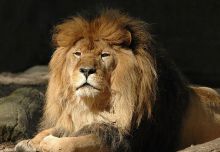
The scientific name of the Roosevelt lion is Panthera leo roosevelti, which belongs to the subfamily of lions and is now one of the Nubian lion populations.The Roosevelt lion usually hunts at night or in the cool early morning, and likes to hunt at night. The prey includes antelopes, duikers, wildeb...
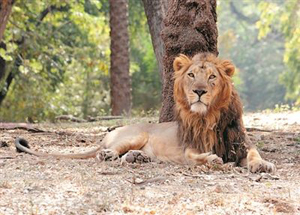
The Asiatic Lion (scientific name: Panthera leo persica) is a subspecies of lion that now only survives in India. They were once distributed from the Mediterranean to India, occupying most of Southwest Asia, so it is called the "Persian subspecies".In India, the Asiatic lion is the animal...
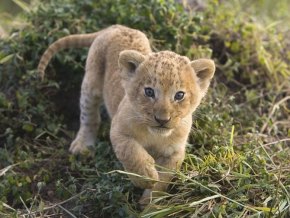
The Masai lion is the original subspecies of lion, commonly known as the East African lion. It is now the Nubian lion population: Panthera leo massaicus.Lionesses in a pride may enter a mating state at any time, and the lionesses are always synchronized in this regard. Scientists have not yet fully...
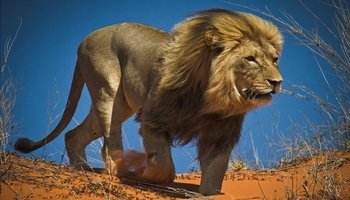
The Cape lion (scientific name: Panthera leo melanochaitus), also known as the Cape lion, is a species of lion that lived in the southernmost tip of Africa and is now extinct.Many people think that the Cape lion is a subspecies of lion, but in fact, the Cape lion is not a subspecies of lion. Accordi...
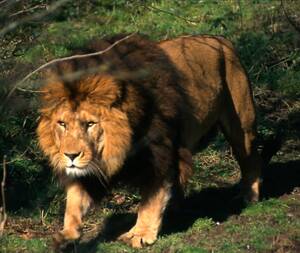
Barbary lion (scientific name: Panthera leo leo), also known as North African lion and Atlas lion, is the second largest subspecies of lion and also the nominative subspecies of lion. Compared with other African lions, they are most closely related to Asian lions.Barbary lions were once found throug...

Kruger Lion (scientific name: Panthera leo krugeri) is also known as South African Lion. It is one of the subspecies of lion. But this subspecies has a white variant, which is also the only white variant of lion. The lions found in and around Kruger National Park in South Africa are Kruger lions. Th...
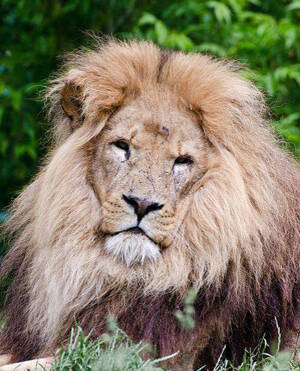
Cameroon Lion (scientific name: Panthera leo kamptzi) is a subspecies of lion, originally a subfamily, and is now one of the Senegalese lion populations.Lions usually live in groups, with a pride of about 8 to 30 members, with an average of 17. They often include several generations of female lions,...
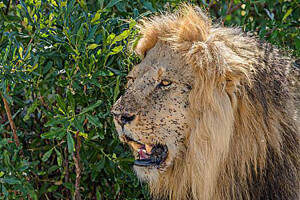
Kenyan lion (scientific name: Panthera leo hollisteri) is a subspecies of lion and is now one of the Nubian lion populations.Lions usually live in groups, with a lion group of about 8 to 30 members, with an average of 17. It often includes several generations of lionesses, at least one adult male li...
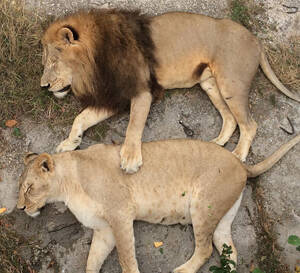
The scientific name of the Kalahari lion is Panthera leo vernayi, which is one of the largest lion subspecies in existence.Kalahari lions usually live in groups, with a lion group of about 8 to 30 members, usually 15 members. It often contains two to four adult female lions, at least one adult male...
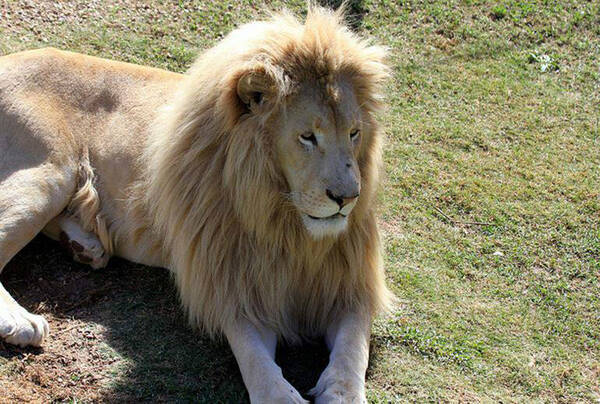
Congo lion (scientific name: Panthera leo azandicus) is called Northeastern Congo Lion in foreign language. It is a subspecies of lion.Congo lions usually live in groups, with a lion group of about 8 to 30 members, with an average of 17. It often includes several generations of lionesses, at least o...
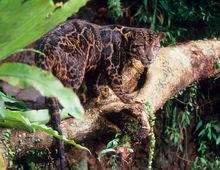
Sunda Clouded Leopard (scientific name: Neofelis diardi) English name Sunda Clouded Leopard, Enkuli Clouded Leopard, Sunda Clouded Leopard, Sunda Islands Clouded Leopard, Sundaland Clouded Leopard, is a cat species distributed in Borneo and Sumatra, with 2 subspecies.The Sunda clouded leopard was on...
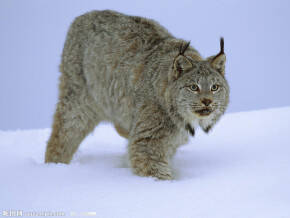
Bobcat (scientific name: Lynx rufus) is a cat species distributed in North America, with a total of 12 subspecies.Bobcats have a strong ability to adapt to the environment and are animals that are active at dawn, mainly appearing at dawn and dusk. They start to move three hours before sunset until a...
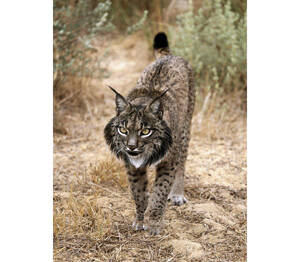
The Spanish lynx (scientific name: Lynx pardinus) is the largest cat species in Europe. It is considered by biologists to be one of the smallest cat species in the world, with no subspecies.Spanish lynx, especially females with cubs, roam as far as 100 kilometers. Depending on the amount of prey, th...
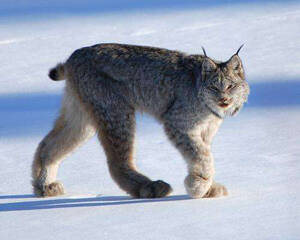
Canada Lynx (scientific name: Lynx canadensis) is also known as Canada Lynx in foreign languages. There are three subspecies.Canada Lynx is a solitary animal that is very secretive. It usually moves at night and has a large activity area. It is a nocturnal hunter without a fixed nest. During the day...
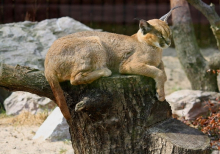
African Caracal (scientific name: Caracal aurata, synonymous scientific name Profelis aurata) is called African Golden Cat in foreign language. It is a medium-sized wild cat with 2 subspecies.In Africa, African Caracal was once named African Golden Cat. They are considered "sons of leopards&quo...
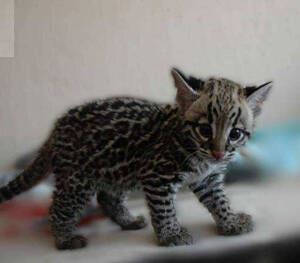
The Iriomote cat, scientific name Felis iriomotensis (P.b.iriomotensis), is a subspecies endemic to Okinawa, Japan. In the local dialect, the Iriomote cat is called "Yamamaya" (cat in the mountains), "Pingumaaya" (cat that escaped) and "Yamapicalaya", which shows that t...
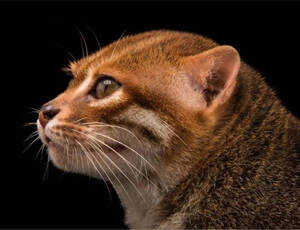
Flat-headed Cat (scientific name: Prionailurus planiceps), also known as Flat-headed Cat, or simply Flat-headed Cat, is a small wild cat with no subspecies.Flat-headed ocelots appear at dusk and dawn, and hunt at night or dawn. They mainly prey on frogs, fish and crustaceans, and also catch rats and...
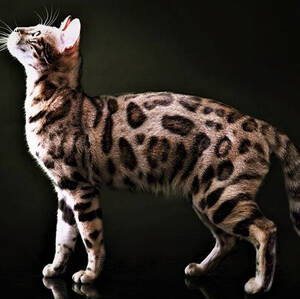
Rusty-spotted cat (scientific name: Prionailurus rubiginosus), also known as Rusty-spotted Cat, or simply Rusty-spotted cat, is a very small wild cat with two subspecies.Rusty-spotted cats are small, agile, and active. They are nocturnal animals. They mostly sleep in their dens during the day and co...